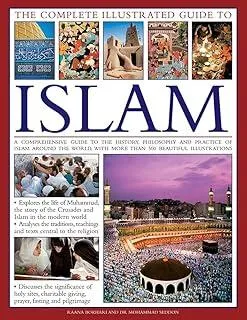Edited, introduced and annotated by Cedric Watts, M.A., Ph.D., Emeritus Professor of English, University of Sussex. 'Richard II' is one of Shakespeare's finest works: lucid, eloquent, and boldly structured. It can be seen as a tragedy, or a historical play, or a political drama, or as one part of a vast dramatic cycle which helped to generate England's national identity. Today, to some of us, 'Richard II' may appear conservative; but, in Shakespeare's day, it could appear subversive: 'I am Richard II', declared an indignant Queen Elizabeth. Numerous recent revivals in the theatre and on screen have demonstrated the enduring power and poignancy of this drama of the downfall of an egoistic but pitiable monarch. 'Richard II' is the seventeenth volume in the Wordsworth Classics' Shakespeare Series, in which each volume has been freshly edited by Cedric Watts. AUTHOR: William Shakespeare (1564-1616) needs little introduction. As we approach the four-hundredth anniversary of his death, his reputation as one of the greatest writers in the English language is undeniable - except by those who attribute his works to other writers.
William Shakespeare
William Shakespeare was an English playwright, poet, and actor, widely regarded as one of the greatest writers in the English language. He is known for his numerous plays and sonnets, which have had a profound impact on literature and theater. Some of his most notable works include "Romeo and Juliet," "Hamlet," "Macbeth," and "Othello." Shakespeare's writing is characterized by his use of intricate language, complex characters, and universal themes such as love, jealousy, power, and ambition. His works have been translated into every major language and are performed around the world to this day. Shakespeare's influence on literature, drama, and the English language is immeasurable, and his legacy continues to endure centuries after his death. His most famous work is arguably "Romeo and Juliet," a tragic love story that has become a timeless classic.


